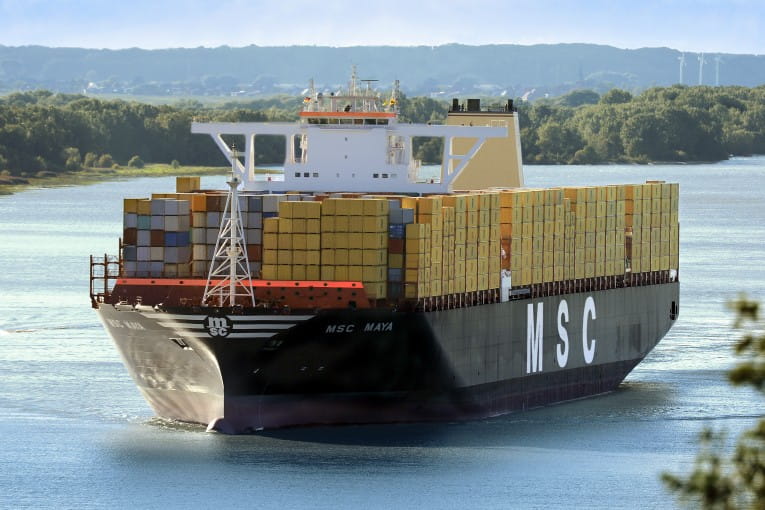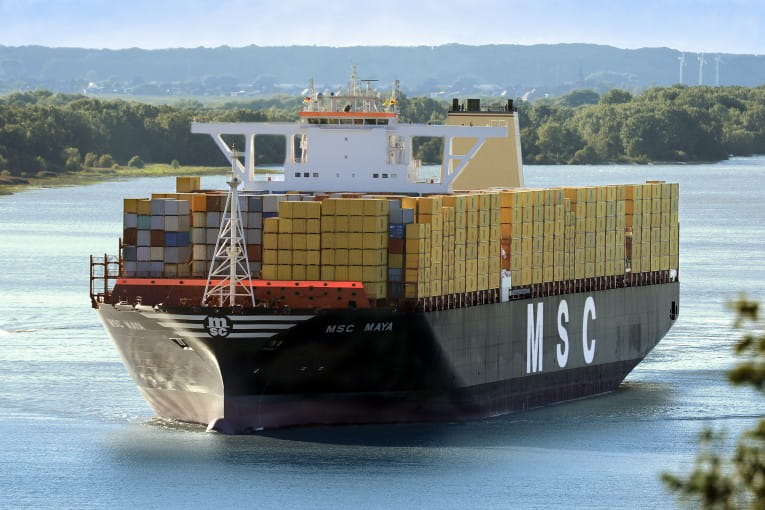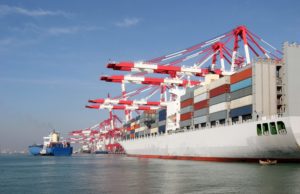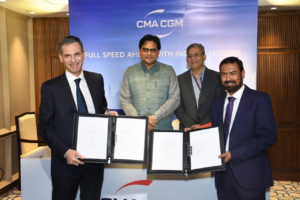
Nine top ocean carriers members of the Digital Container Shipping Association have committed to convert 50% of original bills of lading to digital, within five years and 100% by 2030, to accelerate the digitalisation of container trade.
Switching away from the transfer of physical paper bills of lading could save $6.5 billion in direct costs for stakeholders, enable $30-40 billion in annual global trade growth, transform the customer experience, and improve sustainability, as DCSA says in a statement.
The bill of lading is one of the most important trade documents in container shipping. It functions as a document of title, receipt for shipped goods, and a record of agreed terms and conditions. Ocean carriers issue around 45 million bills of lading a year. In 2021, only 1.2%of these were electronic. Paper-based processes breakdown when cargo in ports cannot be gated out because original bills of lading, or title documents fail to arrive or cannot be manually processed in time. In contrast, digital processes enable data to flow instantly and securely, reducing delays and waste.
The Digital Container Shipping Association is non-profit group founded by major ocean carriers to digitise and standardise the container shipping industry, and with this decision they expect the digital processes to enable data to flow instantly and securely, reducing delays and waste.
Thomas Bagge, Chief Executive Officer (CEO), DCSA said: “The digitalisation of international trade holds vast potential for the world economy by reducing friction and, as trade brings prosperity and the eBL will further enable trade, helping bring millions out of poverty. This heralds the start of a new era in container shipping as the industry transitions to scaled automation and fully paperless trade.”
Vincent Clerc, CEO A.P. Moller -Maersk highlighted the fact that the “need for digitisation in logistics is urgent, and the industry needs to speed up the process.”
Rolf Habben Jansen, CEO, Hapag-Lloyd said the target of having 100% eBL by 2030 is an important part of digitalising global supply chains, and will require a collective effort from the industry to make it a reality.
Soren Toft, CEO, MSC Mediterranean Shipping Company commented that there is a need for the industry to accelerate digitalisation, to help make shipping more efficient, more secure and a better experience for its customers.



